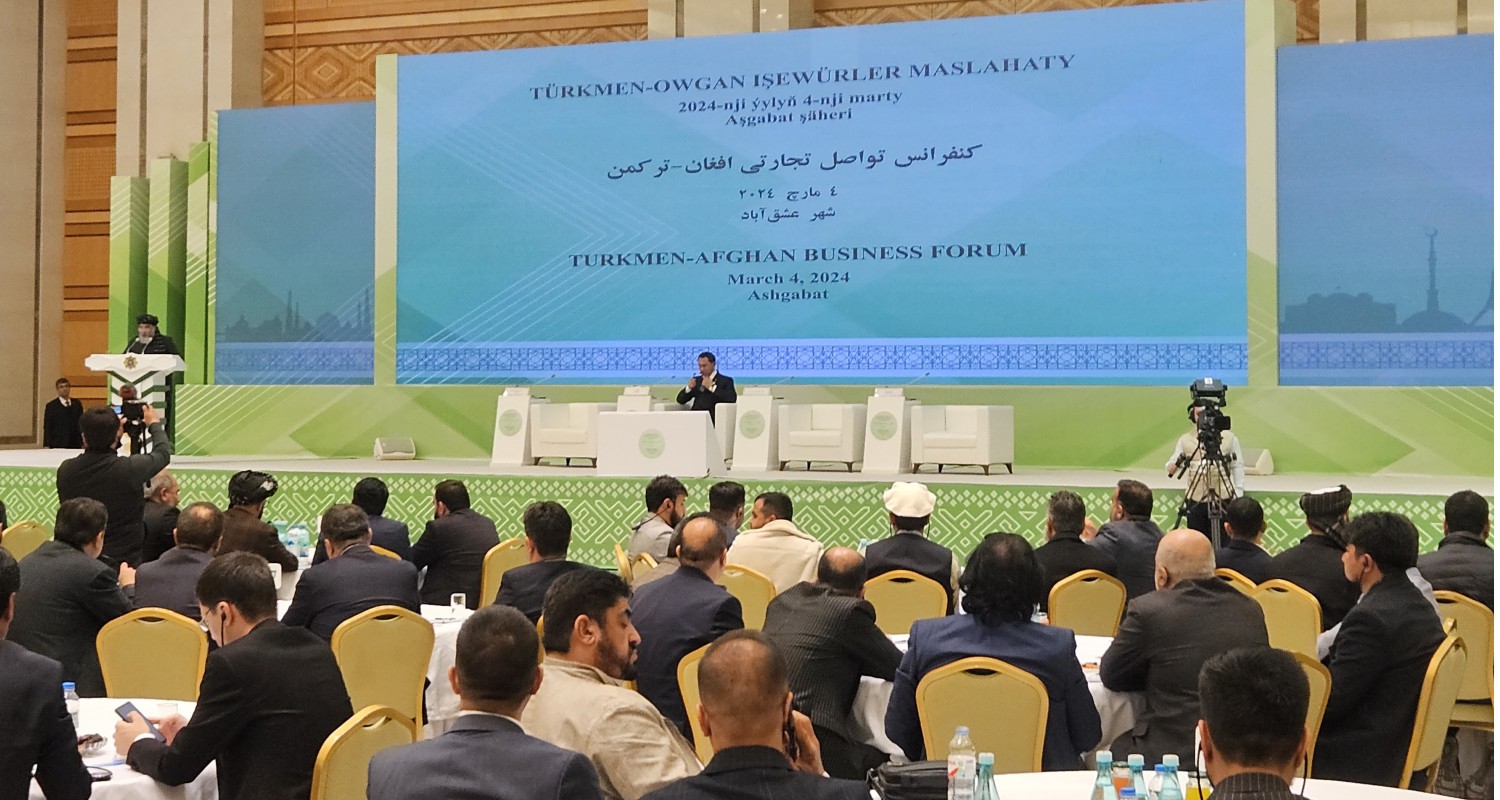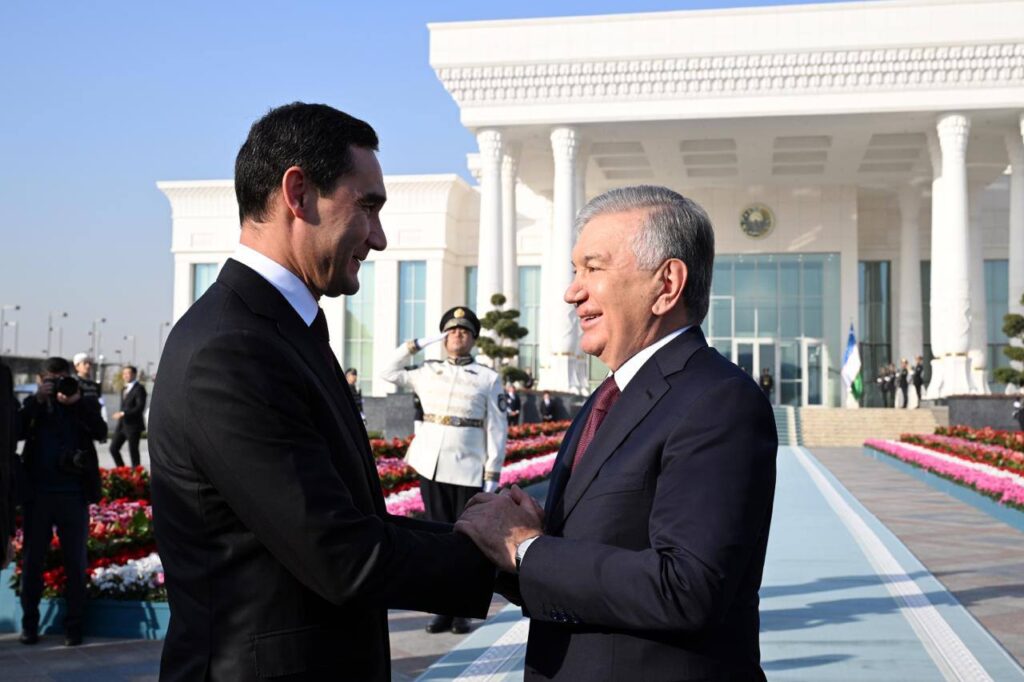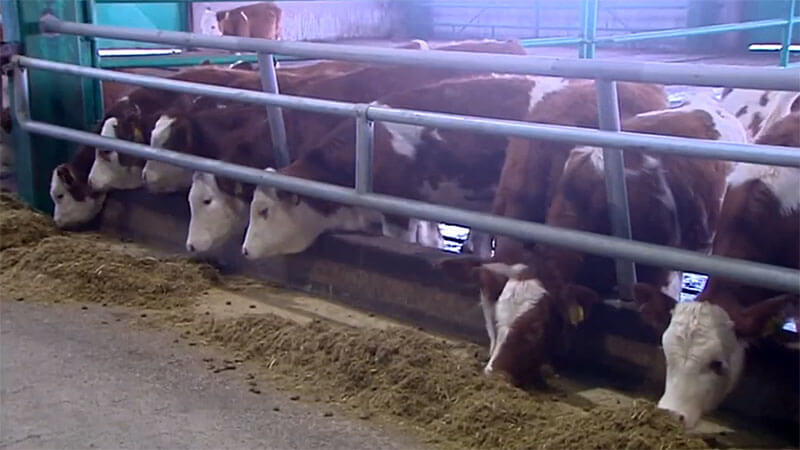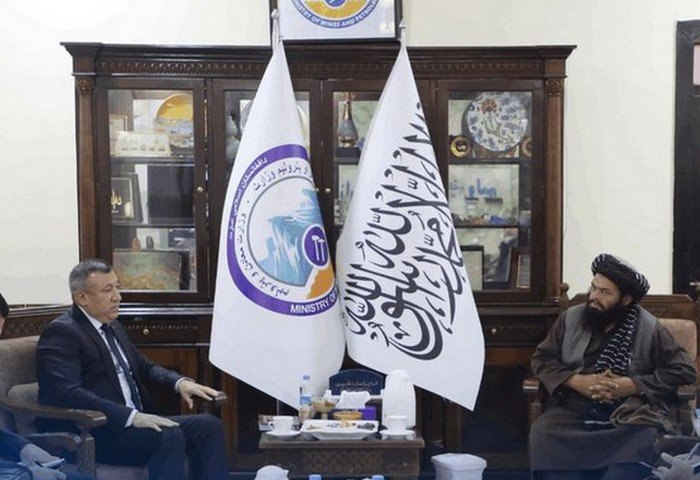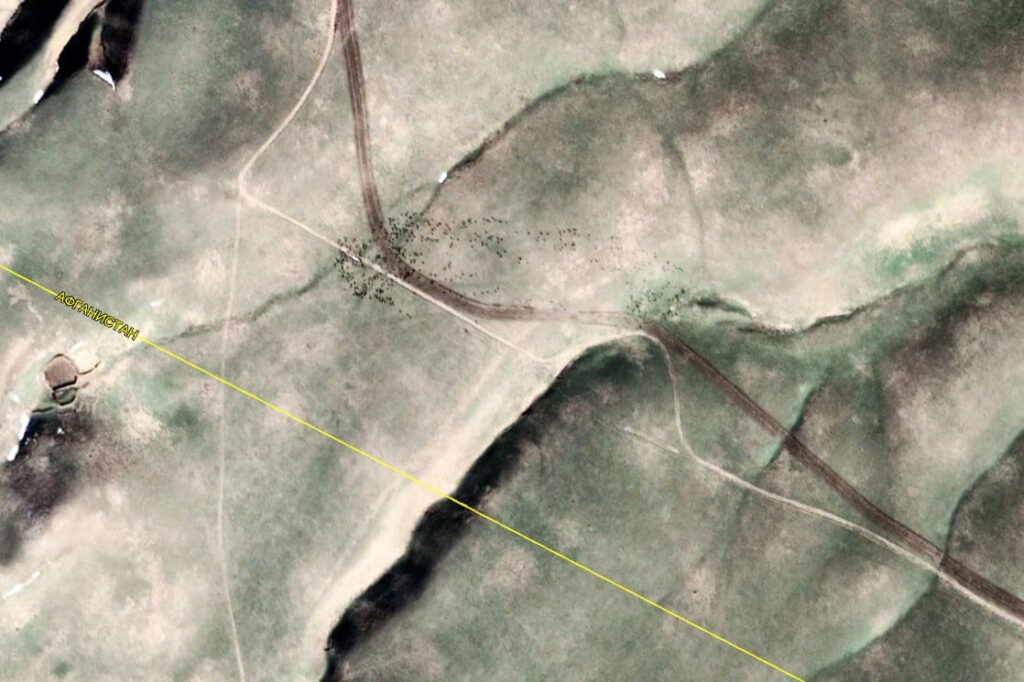On March 4th, a large Afghan delegation led by Nooruddin Azizi, Minister of Industry and Trade of Afghanistan, participated in a Turkmen-Afghan business forum and exhibition of Afghan goods in Ashgabat.
Issues discussed included Turkmen-Afghan partnerships in trade, industry, agriculture, transport, communications, and electricity supply. Also on the agenda were oil and gas which alongside textiles, comprise Turkmenistan’s main exports to Afghanistan.
As reported by the Turkmen Foreign Ministry, special attention was paid to the construction of the Turkmenistan-Afghanistan-Pakistan-India (TAPI) gas pipeline and the Turkmenistan-Afghanistan-Pakistan (TAP) high-voltage power transmission line. The group also focused on the establishment of transport routes and in particular, railways from Turkmenistan to Afghanistan.
Azizi emphasized the desire of the Afghan business sector to further increase trade with Turkmenistan, develop Afghanistan’s infrastructure, and exploit the transit potential of both countries.
Afghan TOLOnews, quoting Mergen Gurdov, head of the Chamber of Commerce and Industry of Turkmenistan, reported that in 2023, trade between Turkmenistan and Afghanistan generated $457 million and this January alone, $46 million.
The agro-industrial sector was cited as a promising field for Turkmen-Afghan cooperation, with the Turkmen Foreign Ministry raising the issue of transboundary water resources.
Turkmenistan insists that the use of water involves cooperation with neighboring countries, conducted in accordance with international law, and based on principles of mutual respect and in the spirit of traditional good neighborliness.
Afghan Minister Azizi pledged that regarding the use of transboundary water resources and construction of water facilities to further the prosperity of his people, Kabul will honour principles of mutual consent and respect for neighboring countries, especially Turkmenistan, with whom Afghanistan has long maintained an amicable relationship.
The issue came to the fore last month following Afghanistan’s announcement that construction has begun on the second phase of the Qosh Tepa Canal; a project prioritized by the Taliban- led government since early 2022.
By diverting water from the Amu Darya River, the canal will convert 550,000 hectares of desert into farmland in northern Afghanistan, but could also have an adverse effect on agriculture in downstream Uzbekistan and Turkmenistan.
